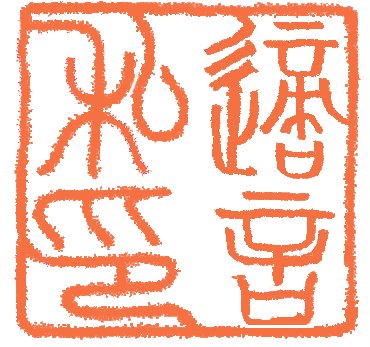I'd buy whatever I wanted.
But if I only had $20, what would I do?
That question is the basis for an interesting economic game that a healthy handful of researchers - most notably and most heavily referenced, Norm Li - presenting at HBES are playing with their participants.
The basic principle: You get a list of attributes for a short-term or long-term mate (or both) and a small amount of capital to spend on the attributes. What do you look for? When the researcher doles out another helping of capital, do your priorities change? What about another helping?
Typically, the answer when the budget is small is absolute necessities. In the case of women, that would be a man with resources. In the case of men, that would be a good-looking woman. After satisfying those obvious basic needs, the less-useful items get bought, such as sense of humor, kindness...)
The games are touted as being a way to get to the heart of what's important in mate-seeking in a way that is very difficult in the lands of plenty that all this research is done in.
For a fully laid-out version, read Li's paper, "The Necessities and Luxuries of Mate Preference: Testing the Tradeoffs."
Ironically, perhaps, a talk today by Elizabeth Pillsworth on the Shuar (hunter/horticulturalists of southeast Ecuador) found that kindness, reliability and faithfulness ruled for people seeking long-term mates. Being as the Shuar appear to be in a life situation much more closely related to all of humanity's forebears, you'd think that they, like the people Li's games test, would put greater stock in looks/resources...
Subscribe to:
Post Comments (Atom)


No comments:
Post a Comment